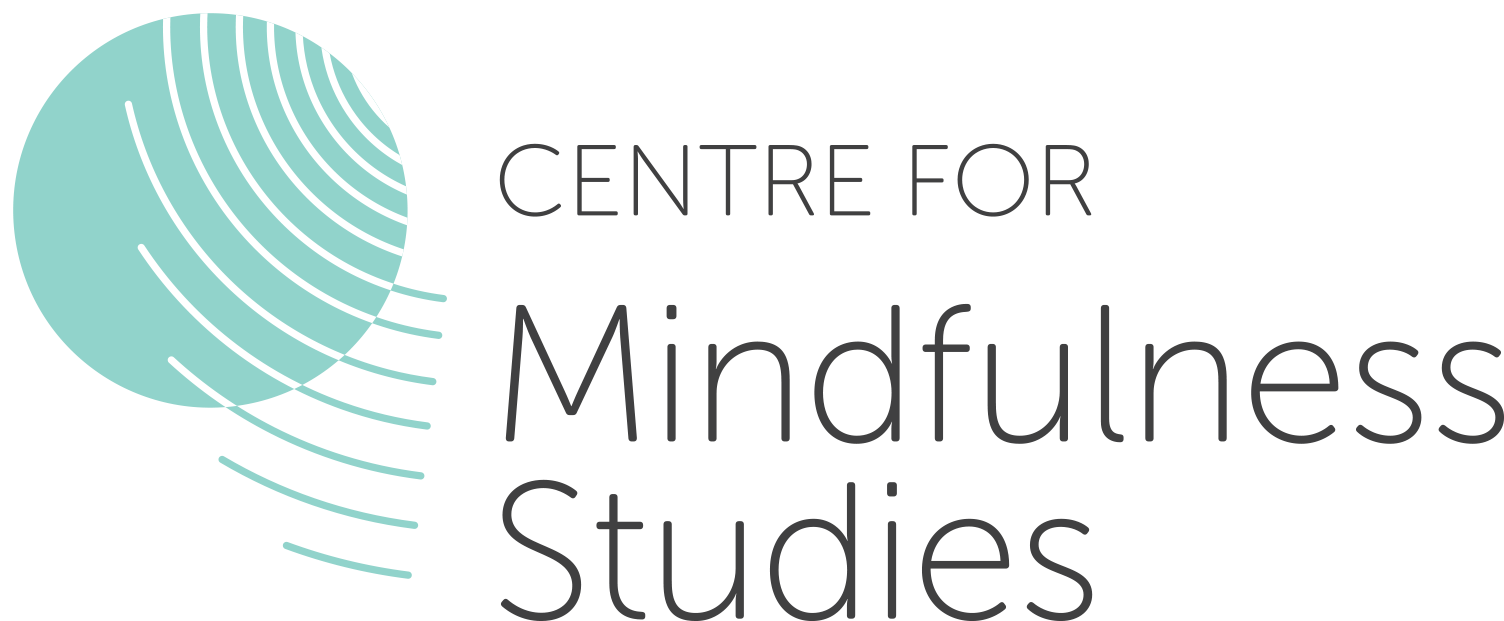
8-Week MBCT 17–101–17
Learn to manage anxiety & prevent the relapse of depression
What is MBCT?
Mindfulness-Based Cognitive Therapy (MBCT) is an evidence-based group therapy for preventing depressive relapse. It also reduces acute depression, anxiety and stress.
Mindfulness is a non-judgmental way of paying attention to the present moment. Cognitive Behaviour Therapy is designed to bring awareness to the habitual negative thinking that leads to depressive and anxious spirals. Combined, MBCT interrupts how we habitually react to situations, so we can choose to respond in more skillful ways.
Research has demonstrated MBCT is as effective as antidepressants in the prevention of depressive relapse or recurrence. (Kuyken, 2008)
Participants Will Learn
A variety of practices to manage depression, anxiety and prevent relapse. By learning to identify the triggers and symptoms of anxiety and depression, participants can effectively address these issues as they arise in everyday life.
Who Should Attend
Individuals experiencing moderate anxiety or depression and people with a history of depression. See guidelines on whether MBCT or MBSR is right for you.
A commitment to attendance and home practice activities is required. Participants are strongly encouraged to attend the day-long silent retreat. If you are not able to attend the scheduled Session 4, or if you would have to miss more than two sessions in total, we recommend that you register for an MBCT program starting on a different date.
Timing
Tuesday Evenings
Orientation & Interview: May 23, 2017 | 6pm – 9pm
Sessions 1-8: May 30 – July 18, 2017 | 6:30pm – 9pm
Silent Retreat: Saturday, July 8, 2017 | 10am – 4pm
NOTE: while it is important for participants to attend all sessions, Session 4 on June 20 is particularly important – if you are unable to attend this session, you should register for a different program offering
Fee: $520 (includes handouts and guided meditation download or CD)
As a registered charity, we do not charge HST. When you support us, you support our charitable initiatives. If you’d like to learn more, please see our Community Program.
Upon request, an insurance receipt will be provided on behalf of Allison McLay (Psychotherapist). Insurance receipts will not be available prior to the last program session.
Allison McLay also works in a supervised practice and can provide an insurance receipt from her supervising registered psychologist (C.Psych). If you have a preference regarding which profession is listed on your insurance receipt, please make sure to include that information in your request.
- A valid OHIP card is required and must be brought to the orientation.
- All participants must be free of substance misuse.
- If you have third-party insurance, it may cover all or part of the cost of a therapeutic course. We recommend that you contact your insurance provider to confirm what health professions your plan covers (e.g. Psychologist, Psychotherapist, Social Worker, Occupational Therapist, Naturopath) and that this coverage includes the types of therapies in question (sometimes there are restrictions on the particular services covered by a given health profession). Please check the profession of the non-physician faculty for this program (see above), and confirm that profession is covered by your insurance and that the program is not an excluded service for that profession. Insurance receipts will be issued during the final session of the program.
